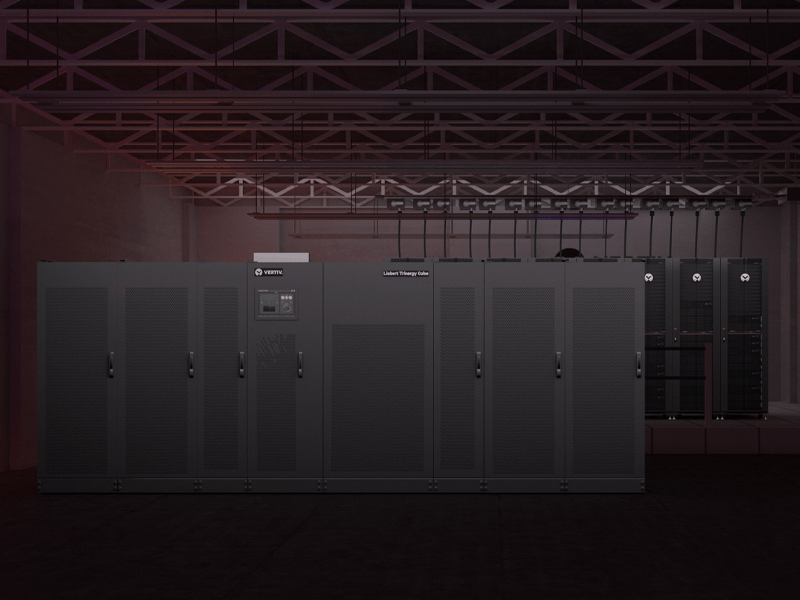Activation status
Please contact Vertiv Partner Support: salescloudsupport@vertivco.com
Working with our Vertiv Sales team enables complex designs to be configured to your unique needs. If you are an organization seeking technical guidance on a large project, Vertiv can provide the support you require.
Many customers work with a Vertiv reseller partner to buy Vertiv products for their IT applications. Partners have extensive training and experience, and are uniquely positioned to specify, sell and support entire IT and infrastructure solutions with Vertiv products.
Already know what you need? Want the convenience of online purchase and shipping? Certain categories of Vertiv products can be purchased through an online reseller.
Need help choosing a product? Speak with a highly qualified Vertiv Specialist who will help guide you to the solution that is right for you.
Cookies Settings
Technical Cookies
These cookies are essential to ensure the correct functioning of the website, to allow you to register/login and access reserved features, and to allow us to monitor the security of the website and improve operating performance, for example, by storing your preferences to enhance your subsequent visits.
Analytics Cookies
These cookies allow us to collect and analyze traffic and use of the website on an anonymous basis and to understand and improve how visitors use the website, including which pages and products are viewed most frequently. These cookies are not strictly necessary for the website to work but will provide you a better browsing experience.
Profiling Cookies
These cookies allow us to track your navigation of the website to create profiles of your tastes, habits, choices, etc., to send you promotional messages targeted to your preferences. Refusal of these cookies will not affect the proper functioning of the website but will prevent us from being able to send your promotional messages targeted to your preferences.
By clicking “Accept All”, you agree to the storing of cookies on your device to enhance site navigation, analyze site usage, and assist in our marketing efforts.
For more information on which cookies we use, click here.

-
Home
- About
- News & Insights
- Different Approaches to “Modularity” and Their Benefits
Different Approaches to “Modularity” and
Their Benefits
December 02, 2021
The adoption of modularity has been pursued with some precise competitive advantages in mind. For instance, for an end user of an uninterruptible power supply, the following benefits can be pointed out:
- The possible built-in redundancy representing a sort of insurance against possible failures
- Scalability, again, a sort of insurance that the product can evolve over time with the possibility of adding a module when needed
- The service continuity given by the ability to replace a module while always keeping the load protected
- Simplified issue management thanks to easier diagnosis, isolation and resolution of potential problems
- Shorter lead time for the delivery of the product
- Quicker repair time thanks to the hot swappability of entire modules
From a strategic management and product development stand point, it is also easy to see how modularity leads to:
- Reduction of the time-to-market thanks to the development of different modules in parallel and the ability to build different product ratings by the simple addition of one or more modules
- Enhanced flexibility and customizability of the product offering thanks to the different possible combinations of standard modules (“customized standardization”)
- More efficient stock management
- Enhanced effectiveness of quality controls as these spread their benefit across a complete platform
Several approaches have been taken in developing a modular product or product family, each reflecting a different degree of modularity. In fact, modularity is a relative propriety and the bipartition between “integral” (or “monolithic”) and “modular” products is just too simplistic.
There are some underlying concepts such as Modularity, Commonality, and Combinability that help to define the level of modularity and extend the scope of modularity itself.
Related Products


